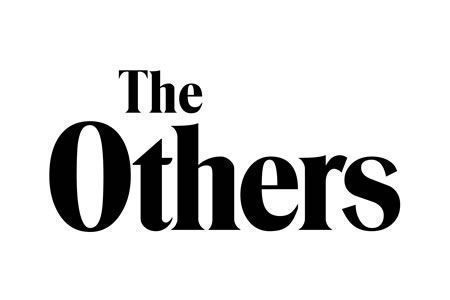
Sleep to live better in relationships with others as well. Two studies explain the social consequences of tiredness
Two recent research studies reveal shallow sides to the effects of insomnia or sleep deprivation, particularly with regard to social consequences. One comes from the Karolinska Institute in Stockholm, and found that the desire to have social contact with someone who appears tired and sleep-deprived is 21 percent lower than the desire to socialize with someone who appears rested. “This could be an evolutionary mechanism”, pointed out one of the researchers, Tina Sundelin, and continued “Or it could be a learned mechanism: we have all learned from our own experiences that those who are tired are not great partners in conversations, are not interested in us, and are likely to waste our time”.
The second study, published by the University of California, Berkeley, investigated the’effect of insomnia on the brain and allegedly showed that lack of sleep makes the amygdala, the brain center of fear, overactive, and this causes the insomniac to be less able to interpret others’ facial expressions. Others thus appear more hostile than they actually are. It is as if our body, sensing that despite being tired we are not sleeping, mistakes this state for the one in which we find ourselves when a threat – for example, a predator – prevents us from relaxing.
And so the brain system that watches over our surroundings looking for danger signals begins to impose itself on our ability to concentrate, depowering it. For Giovanni D'Agata president of "Sportello dei Diritti," these are additional good reasons to try to live a life with less stress and in search of the right daily rest to feel good about oneself and others.